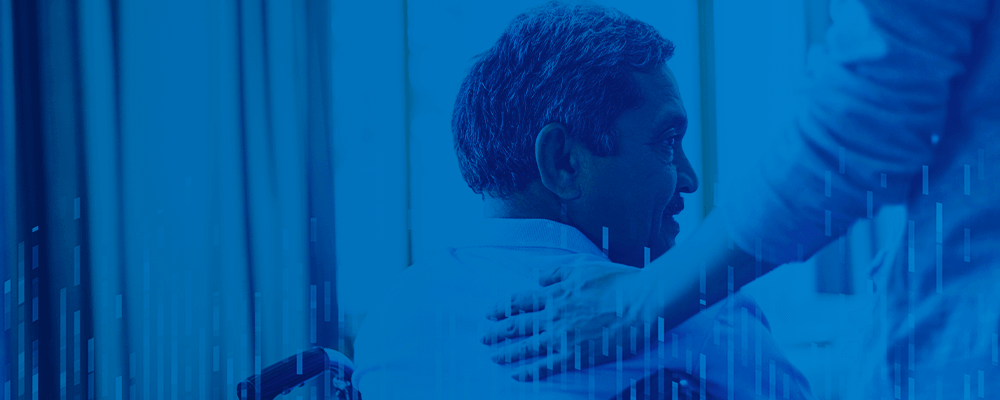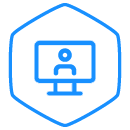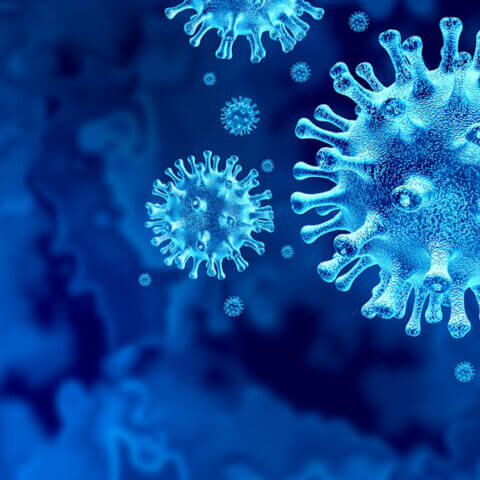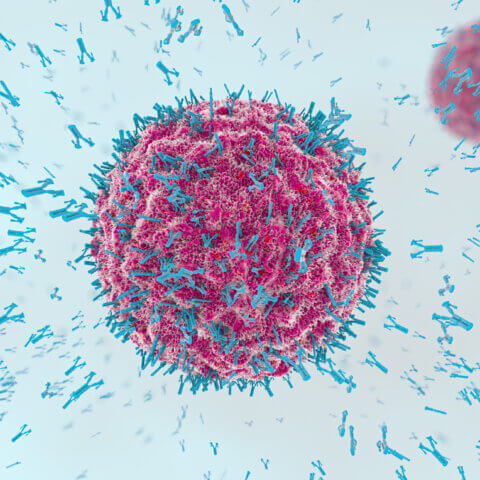Last Updated: October 16, 2025, 2 pm UTC
An estimated 300 million people globally suffer from a rare disease. Further still, 25 million people in the U.S. alone are living with an undiagnosed rare disease. Limitations in disease understanding and lack of approved treatments can mean countless challenges and diminished quality of life for many battling a rare disease. For all those looking for answers and hoping for better treatment options, we celebrate Rare Disease Day every year.
At Premier Research, rare disease is a core focus of our work, and we are proud to be driving innovative research every day. This year, we asked team members to share why they support Rare Disease Day and here’s what they shared:
“I support Rare Disease Day because my husband lived with and died from a rare disease, ALS. The trials we participated in provided hope and involvement in the race for a treatment. After his ALS diagnosis we started a non-profit that provided support to children in our community who have a parent diagnosed with ALS, Winning With ALS. This gave my husband a new purpose and reason to live during the last years of his life.”
–Andrea Miller, Director, Business Development
“I support Rare Disease Day because I am a Rare Disease Patient. 10 years ago, my body took a nosedive. I landed with 12 specialist MDs over a period of three years. They were excellent clinicians, diagnosing and treating their area of expertise such as sleep apnea, TMJ, broken joints, fatigue, pain, allergies, and more. But I yearned for one person to explain how my body could be ‘just fine’ one day then overnight seem to be falling apart. No one was looking at me wholistically to tell what was wrong. Happenstance, a surgeon eyed my ankle scar at a UT game and asked what happened. I shared my list of ailments and my cool hypermobile skills, and he immediately said, ‘You have EDS.’ EDS? What is that? My deep dive journey began. After years of research and patient group participation, I now understand. This connective tissue disorder is ‘rare’ and in desperate need of medical research. We are out here amongst you – and we are hobbling together treatments and ways to cope. This is my Why. I have hope that one day EDS will be a focus of research and I want to be a part of it!”
–Bonnie Sims, BS, MS, Executive Director, Medical Informatics
“I support Rare Disease Day because there isn’t enough awareness about Osteosarcoma. This a very uncommon cancer that only has about 1,000 diagnoses in the US per year according to the American Cancer Society. Unfortunately, one of those diagnosis for 2023 was for my 14-year-old nephew. The symptoms can be very mild and often dismissed as growing pains or just a sore muscle as the diagnosis is often found in young children, but also affects young adults. Thankfully, his mother advocated for an X-ray and his tumor was caught early to increase his chances of a full recovery.”
–Chemika Rhodes, Site Start Up Associate II
“I support Rare Disease Day because there is so much opportunity for new treatments and changing patients’ lives but helping hands are needed.”
–Christine Tiesler, Executive Director, Program Delivery Rare Disease
“I support Rare Disease Day because despite being labelled ‘Rare’, there are over 300 million people living with one or more of over 6,000 identified rare diseases around the world. 70% of the genetic rare diseases start in childhood, with one example being dyskeratosis congenita (DC). DC is a telomere biology disorder that is estimated to affect one in a million people. Through our work in telomere length testing (which is used to help diagnose DC), and joint projects with our advocacy partners Team Telomere, we understand the importance of raising awareness and showing support for those affected by these rare conditions.”
–Devanand Joshi, (M.Pharm_QA), Site Start-up Associate-II
“I support Rare Disease Day because rare does not mean insignificant. Everyone suffering deserves our help towards being healthy.”
–Laura Savino, Senior Project Specialist
“I support Rare Disease Day because rare diseases are not so rare.”
–Laure Hugret, Senior Director, Program Delivery Oncology
“I support Rare Disease Day because together we are greater, and our work gives hope to the patients and families living with a rare disease.”
–Leslie Amos, Senior Director, Program Delivery, Cell and Gene Therapy
“I support Rare Disease Day because someone I love was born with sagittal craniosynostosis.”
-Magdena Nikolova, Standards Support Specialist
“There are very few clinical trials for subjects. Curative medicines are very rare since there are few medicines for rare diseases and physicians often have to prescribe off label. Genetics comes into play and expensive genetic testing sometimes needs to be completed and some subjects might not be able to use a medication for one reason or another (side effects, etc.).”
–Matt Ishu, Senior CRA, Functional Services
“I support Rare Disease Day because it directs awareness on the struggles of those facing uncommon health challenges, fostering empathy and compassion.”
–Michal Sarkan, PhD., Data Scientist, Clinical Data Sciences
“I support Rare Disease Day because the experience of being affected by a rare disease is surprisingly common. According to the US National Institutes of Health, there are approximately 7000 rare diseases, and as many as 1 in 10 Americans is affected by a rare disease. Approximately 95% of rare diseases have no treatment, and many rare diseases are not currently being studied. It is necessary to raise public and policy maker awareness of the need for additional resources to support research and treatment development for the millions of individuals around the world affected by these conditions.”
-Michelle Coughlin, MS, Manager, Medical Writing
“I support Rare Disease Day because it provides valuable insight, brings wider and often unexpected scientific benefits, is helpful to identify disease trends and could lead to discovery of other components that may be affecting common diseases and aid in developing medications. As a result of above benefits, it is easier for the scientific community to bring life changing medications to rare disease patients.”
–Raja Makendran NR, Site Start-Up Associate II
“I support Rare Disease Day because 72% of rare diseases are genetic. With this large percentage of rare diseases being passed down through the generations, it means family units are in jeopardy of having a loved one impacted. Sadder still, the bright light of children is fading with so many children facing rare diseases. In my lifetime, I’ve known kids suffering from aplastic anemia. Clinical research and clinical trials work towards helping develop new treatments that give families more time together. Regardless of how small the glimmer of hope is, many would feel lost without it.”
-Stacy Miller, Principal Records Specialist Global Records Management
We appreciate all the Premier Research team members that shared a statement about Rare Disease Day. Together, we are helping to make positive changes for the rare disease community, and we are proud to be a champion for research in this space.

 Webinar
Webinar 


 Perspectives Blog
Perspectives Blog 